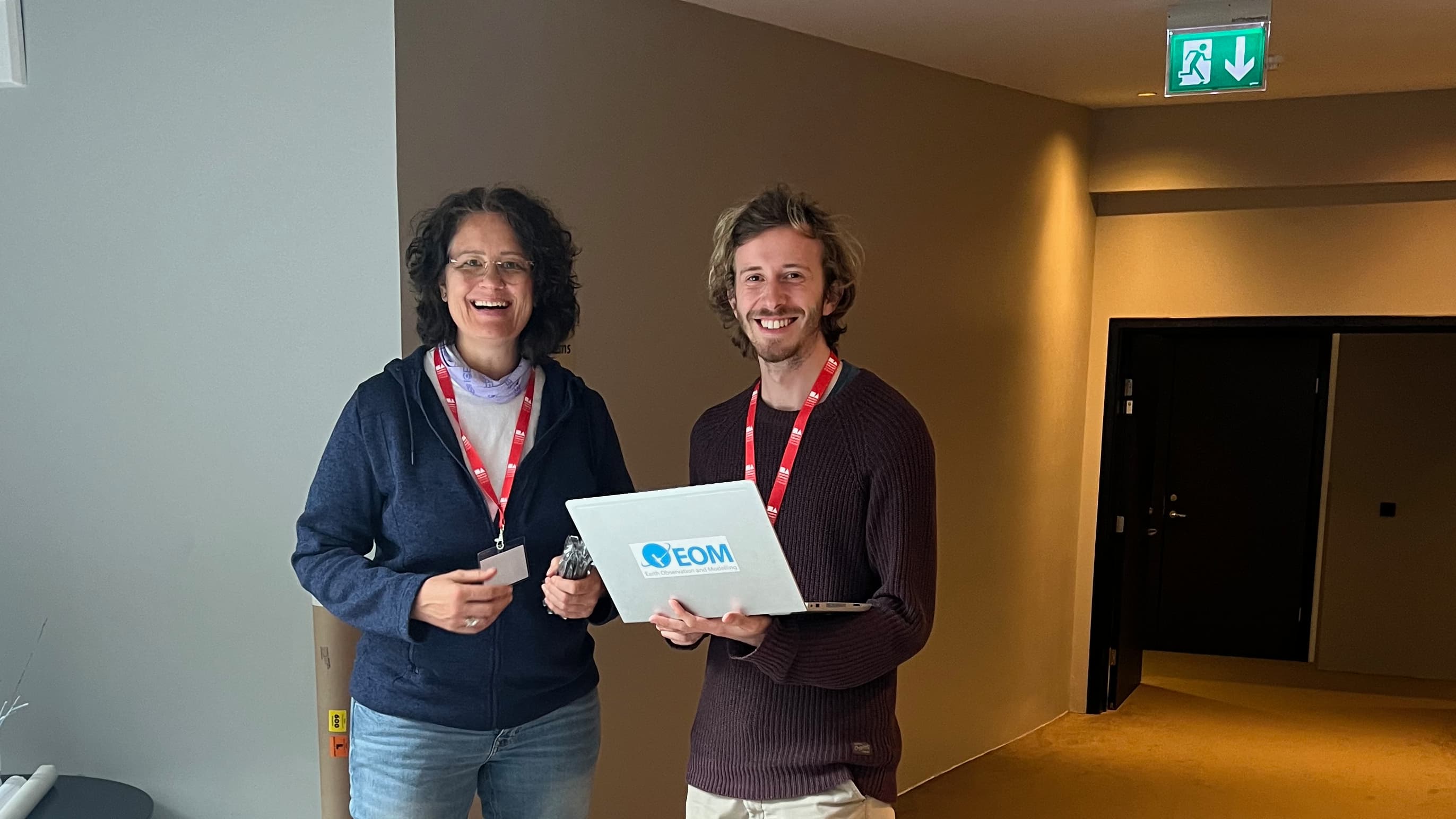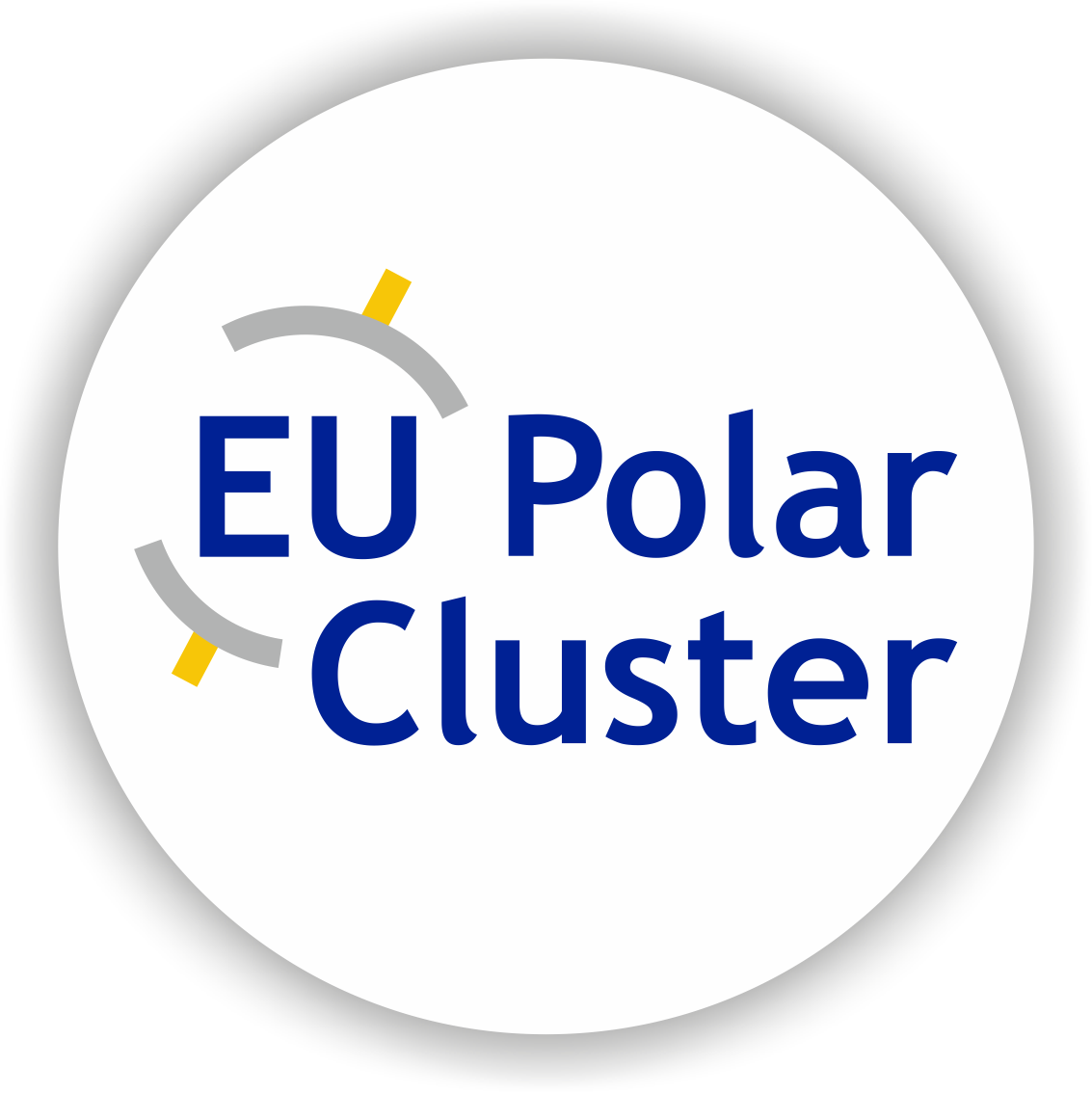Victor Lion
My name is Victor Lion, and I am a PhD student at Kiel University, Germany, under the supervision of Natascha Oppelt. Within the ICEBERG project, I am working on the automatic detection of marine beach litter using tower-based time-lapse cameras, Artificial Intelligence, and Citizen Science. Currently, we have 17 cameras available across ICEBERG’s three study sites.
One of these cameras, located in South-Svalbard, is part of a year-round monitoring without maintenance as part of WP1. The remaining cameras are situated in Iceland and Kalaallit Nunaat for WP2, where we collaborate with volunteers, such as high-school students and participants of beach clean-ups organized by Ocean Missions (Iceland).
My academic background is in Geography and remote sensing with focus on drones and satellites in the Arctic. During my studies, I participated in two RV Polarstern expeditions to the Arctic sea ice in 2022 and 2023 – experiences that made the Arctic a very special place for me. I am really happy to continue this journey through the ICEBERG project.
A new aspect for me in ICEBERG was the integration of Citizen Science, which did not play a role in my previous studies. However, during the first year in ICEBERG and through my attendance in the field work in Iceland, I realized how valuable and important it is to involve the opinion and knowledge of local and Indigenous communities in our research.
I often ask myself whether our work would be possible without the contributions of citizens – and the answer is often “No”, showing the importance of community consultation meetings and Citizen Science initiatives.
My field work in Iceland and the reports from Kalaallit Nunaat and Svalbard were truly eye-opening, as I had not expected such pollution on Arctic beaches.




